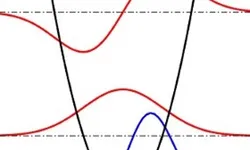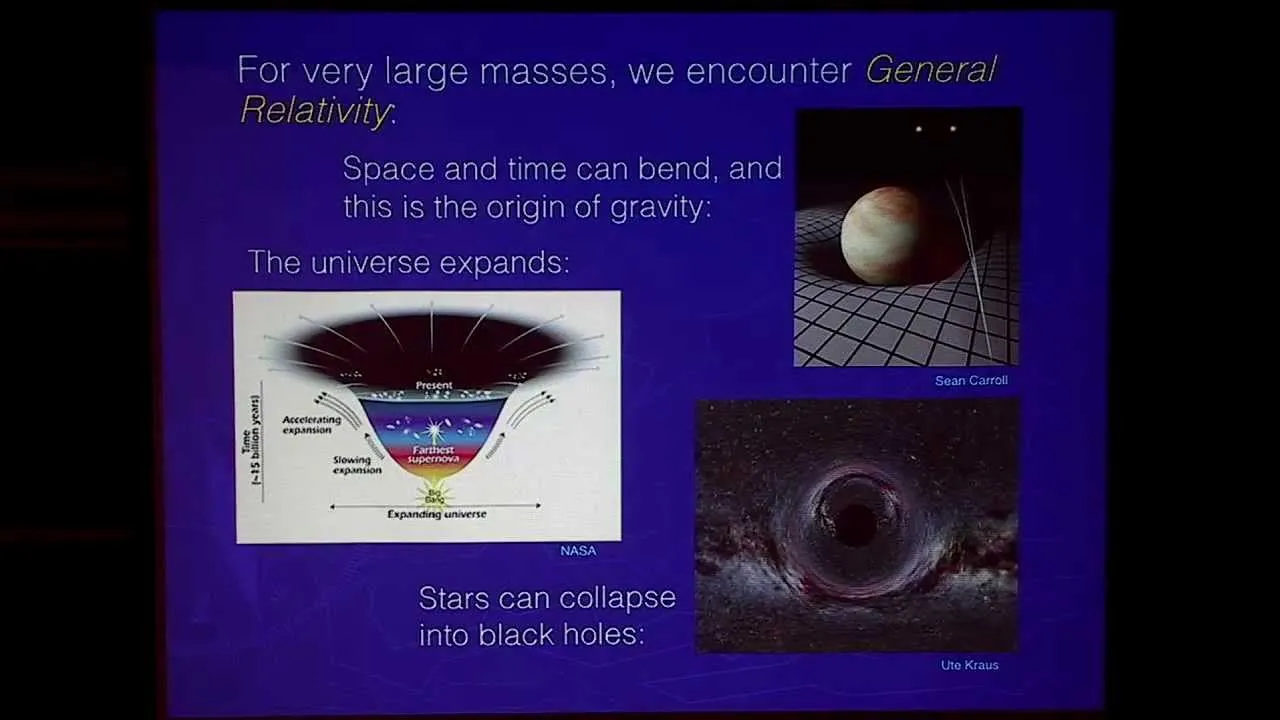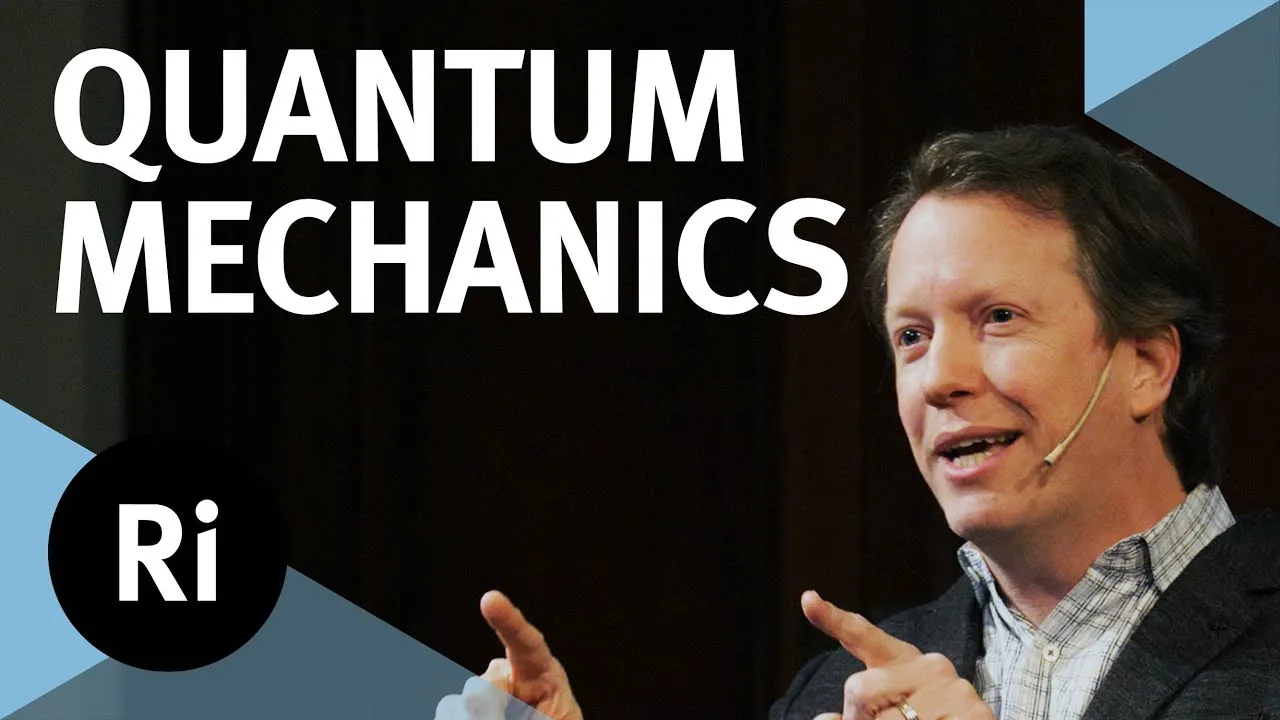
Quantum Mechanics for Scientists and Engineers 2 
This course provides an introduction to the use of quantum mechanics in science and engineering. It covers topics such as spin, identical particles, the quantum mechanics of light, and the basics of quantum information. Students will gain an understanding of the fundamentals of quantum mechanics and its applications in modern technology. ▼
ADVERTISEMENT
Course Feature
![]() Cost:
Cost:
Free
![]() Provider:
Provider:
Edx
![]() Certificate:
Certificate:
Paid Certification
![]() Language:
Language:
English
![]() Start Date:
Start Date:
10th Jan, 2022
Course Overview
❗The content presented here is sourced directly from Edx platform. For comprehensive course details, including enrollment information, simply click on the 'Go to class' link on our website.
Updated in [March 06th, 2023]
This course, Quantum Mechanics for Scientists and Engineers 2, is designed to provide students with an understanding of the use of quantum mechanics in many modern applications in science and technology. It builds on the material covered in the first course, Quantum Mechanics for Scientists and Engineers 1, and is also accessible to those who have studied some quantum mechanics at the equivalent of a first junior or senior college-level physics quantum mechanics course.
The course covers key topics such as spin, identical particles, the quantum mechanics of light, the basics of quantum information, and the interpretation of quantum mechanics. It also provides students with the major ways in which quantum mechanics is written and used in modern practice.
By the end of the course, students should have a solid understanding of quantum mechanics and be well-prepared to understand its use in a wide range of current applications and areas. They should also have a strong foundation for further studies of more advanced topics.
[Applications]
Students who have completed this course can apply their knowledge of quantum mechanics to a variety of scientific and engineering applications. They can use their understanding of the fundamentals of quantum mechanics to analyze and interpret data from experiments, develop new technologies, and explore the implications of quantum mechanics for the future. Additionally, they can use their knowledge to develop new theories and models, and to explore the implications of quantum mechanics for the future of science and technology.
[Career Paths]
1. Quantum Computing Engineer: Quantum Computing Engineers are responsible for developing and maintaining quantum computing systems. They must have a strong understanding of quantum mechanics and be able to apply it to the development of new algorithms and technologies. They must also be able to troubleshoot and debug any issues that arise with the system. The development of quantum computing is a rapidly growing field, and Quantum Computing Engineers are in high demand.
2. Quantum Information Scientist: Quantum Information Scientists are responsible for researching and developing new applications of quantum mechanics. They must have a strong understanding of quantum mechanics and be able to apply it to the development of new technologies and applications. They must also be able to troubleshoot and debug any issues that arise with the system. The development of quantum information is a rapidly growing field, and Quantum Information Scientists are in high demand.
3. Quantum Optics Engineer: Quantum Optics Engineers are responsible for developing and maintaining quantum optics systems. They must have a strong understanding of quantum mechanics and be able to apply it to the development of new technologies and applications. They must also be able to troubleshoot and debug any issues that arise with the system. The development of quantum optics is a rapidly growing field, and Quantum Optics Engineers are in high demand.
4. Quantum Mechanics Researcher: Quantum Mechanics Researchers are responsible for researching and developing new applications of quantum mechanics. They must have a strong understanding of quantum mechanics and be able to apply it to the development of new technologies and applications. They must also be able to troubleshoot and debug any issues that arise with the system. The development of quantum mechanics is a rapidly growing field, and Quantum Mechanics Researchers are in high demand.
[Education Paths]
1. Bachelor of Science in Physics: A Bachelor of Science in Physics is a great way to gain a comprehensive understanding of quantum mechanics and its applications. This degree program typically covers topics such as classical mechanics, thermodynamics, electricity and magnetism, optics, and quantum mechanics. Students will also learn about the mathematical tools used to analyze and solve problems in physics. This degree is ideal for those interested in pursuing a career in research or teaching in the field of physics.
2. Master of Science in Quantum Mechanics: A Master of Science in Quantum Mechanics is a great way to gain a deeper understanding of the subject. This degree program typically covers topics such as quantum mechanics, quantum field theory, quantum information theory, and quantum computing. Students will also learn about the mathematical tools used to analyze and solve problems in quantum mechanics. This degree is ideal for those interested in pursuing a career in research or teaching in the field of quantum mechanics.
3. Doctor of Philosophy in Quantum Mechanics: A Doctor of Philosophy in Quantum Mechanics is the highest degree available in the field. This degree program typically covers topics such as quantum mechanics, quantum field theory, quantum information theory, and quantum computing. Students will also learn about the mathematical tools used to analyze and solve problems in quantum mechanics. This degree is ideal for those interested in pursuing a career in research or teaching in the field of quantum mechanics.
4. Master of Science in Applied Physics: A Master of Science in Applied Physics is a great way to gain a comprehensive understanding of quantum mechanics and its applications in the real world. This degree program typically covers topics such as classical mechanics, thermodynamics, electricity and magnetism, optics, and quantum mechanics. Students will also learn about the mathematical tools used to analyze and solve problems in physics. This degree is ideal for those interested in pursuing a career in research or teaching in the field of applied physics.
Course Provider

Provider Edx's Stats at AZClass
Quantum Mechanics for Scientists and Engineers 2 is an advanced course designed to help learners understand the fundamental principles of quantum mechanics and their applications in modern science and technology. It builds on concepts learned in the first course, Quantum Mechanics for Scientists and Engineers 1, and is also accessible to those who have studied quantum mechanics in the equivalent of a first junior or advanced college physics quantum mechanics course of. The course covers topics such as spin, identical particles, the quantum mechanics of light, the foundations of quantum information, and the interpretation of quantum mechanics. It also provides resources for earlier classes. Upon completion, learners should be able to understand quantum mechanics as it is used in a wide range of current applications and fields and provide a solid foundation for further study of more advanced topics.
Discussion and Reviews
0.0 (Based on 0 reviews)
Explore Similar Online Courses

Games without Chance: Combinatorial Game Theory

Sports Administration and Management

Python for Informatics: Exploring Information

Social Network Analysis

Introduction to Systematic Review and Meta-Analysis

The Analytics Edge

DCO042 - Python For Informatics

Causal Diagrams: Draw Your Assumptions Before Your Conclusions

Whole genome sequencing of bacterial genomes - tools and applications

Foundations of Quantum Mechanics

Gravity and Quantum Mechanics - The Quest for Unification


Start your review of Quantum Mechanics for Scientists and Engineers 2